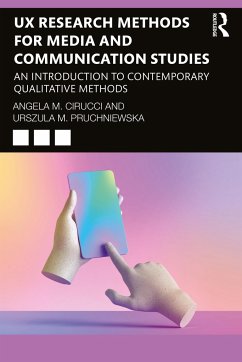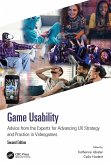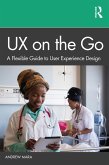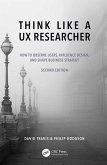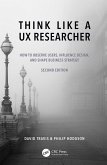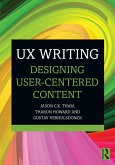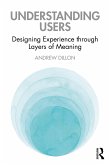A comprehensive guide to qualitative research methods in user experience (UX), the interaction between humans and digital products, designed for media and communication students.
Angela M. Cirucci and Urszula M. Pruchniewska provide an accessible introduction to the field (including the history of UX and common UX design terminology). Readers are taken through the entire research design process, with an outline for preparing a study (including a planning template), a discussion of recruitment techniques, an exploration of ethics considerations, and a detailed breakdown of 12 essential UX research methods. The 12 methods covered include emotional journeys, screenshot diaries, walkthroughs, contextual inquiry, card sorting, and usability testing, with the chapter for each method including a step-by-step breakdown, discussions of in-person versus virtual procedures, and a "What You Need" section. Throughout the book, useful parallels are drawn between traditional academic research methods and UX methods, and special attention is paid to diversity and inclusivity.
This is an essential text for media and communications students wishing to become familiar with UX research methods, a rapidly growing field that will open numerous exciting career paths for graduates.
Angela M. Cirucci and Urszula M. Pruchniewska provide an accessible introduction to the field (including the history of UX and common UX design terminology). Readers are taken through the entire research design process, with an outline for preparing a study (including a planning template), a discussion of recruitment techniques, an exploration of ethics considerations, and a detailed breakdown of 12 essential UX research methods. The 12 methods covered include emotional journeys, screenshot diaries, walkthroughs, contextual inquiry, card sorting, and usability testing, with the chapter for each method including a step-by-step breakdown, discussions of in-person versus virtual procedures, and a "What You Need" section. Throughout the book, useful parallels are drawn between traditional academic research methods and UX methods, and special attention is paid to diversity and inclusivity.
This is an essential text for media and communications students wishing to become familiar with UX research methods, a rapidly growing field that will open numerous exciting career paths for graduates.

